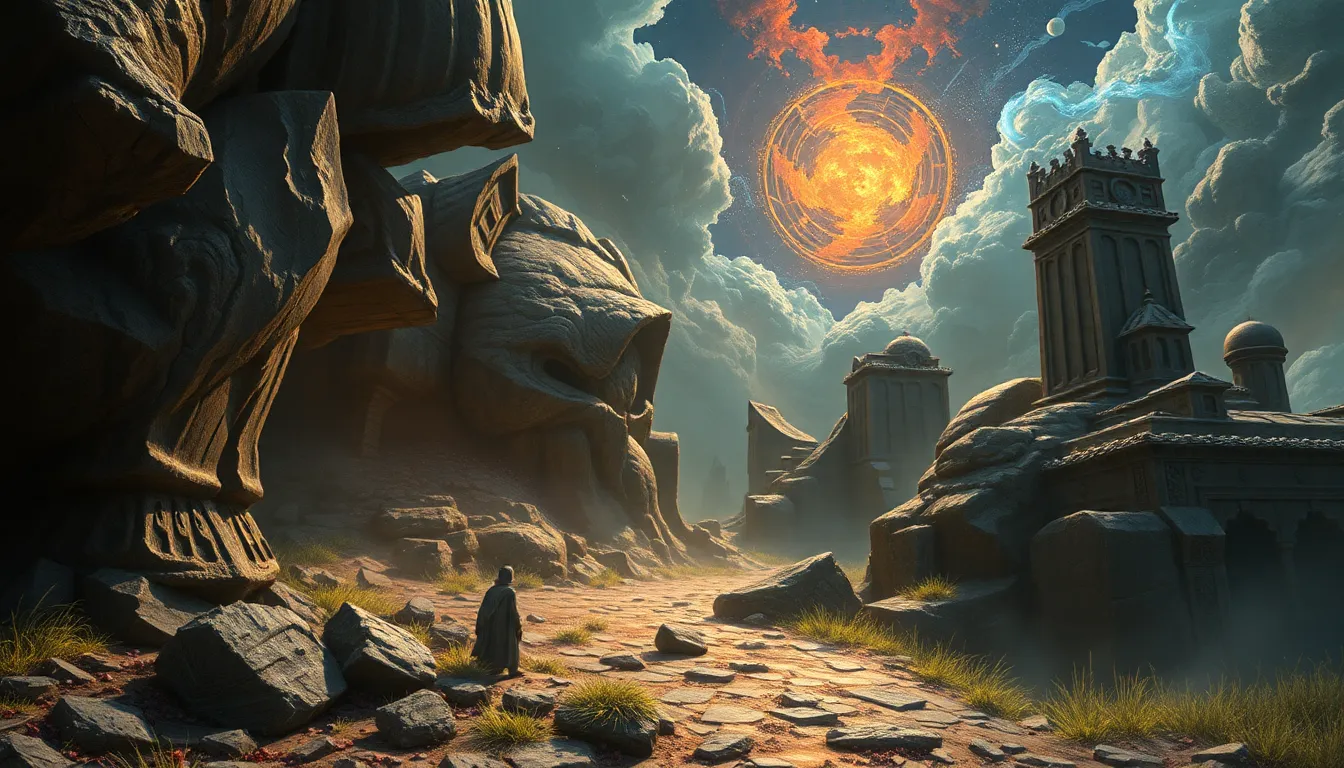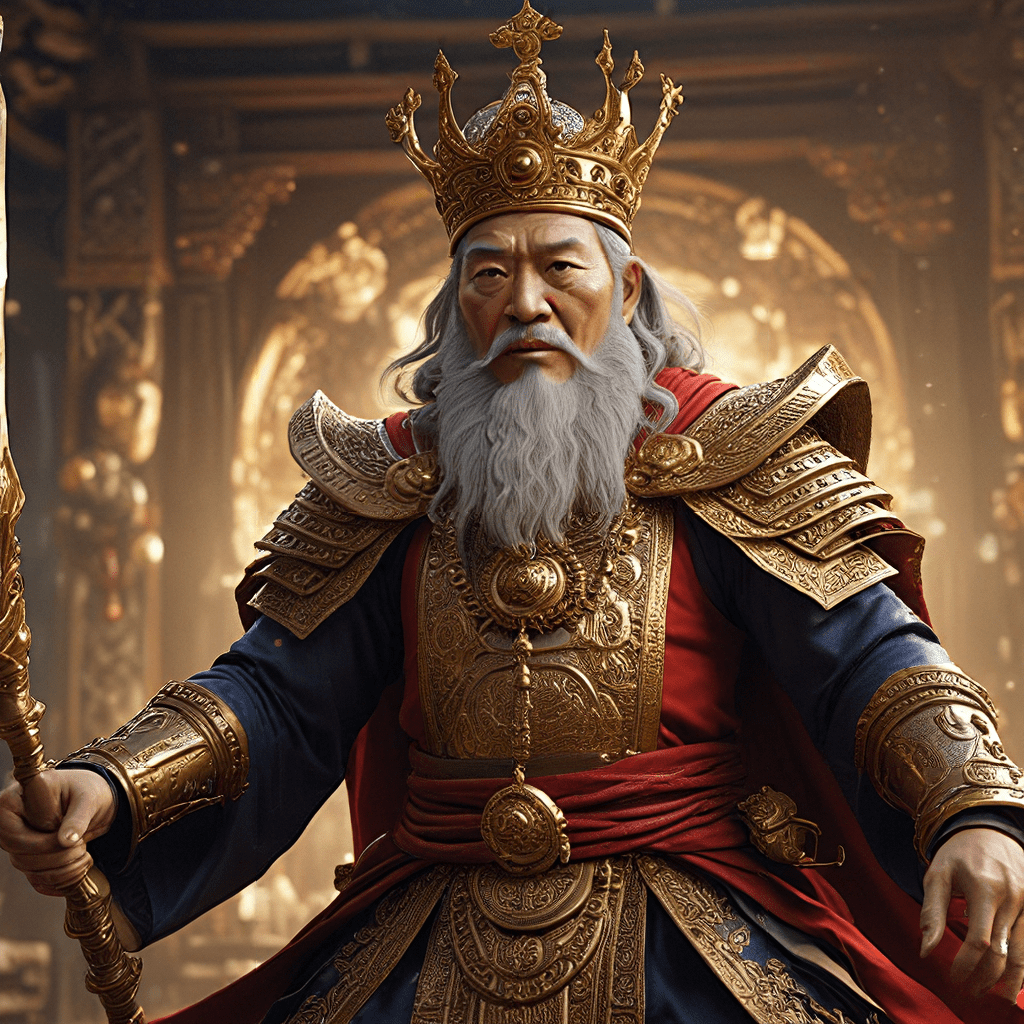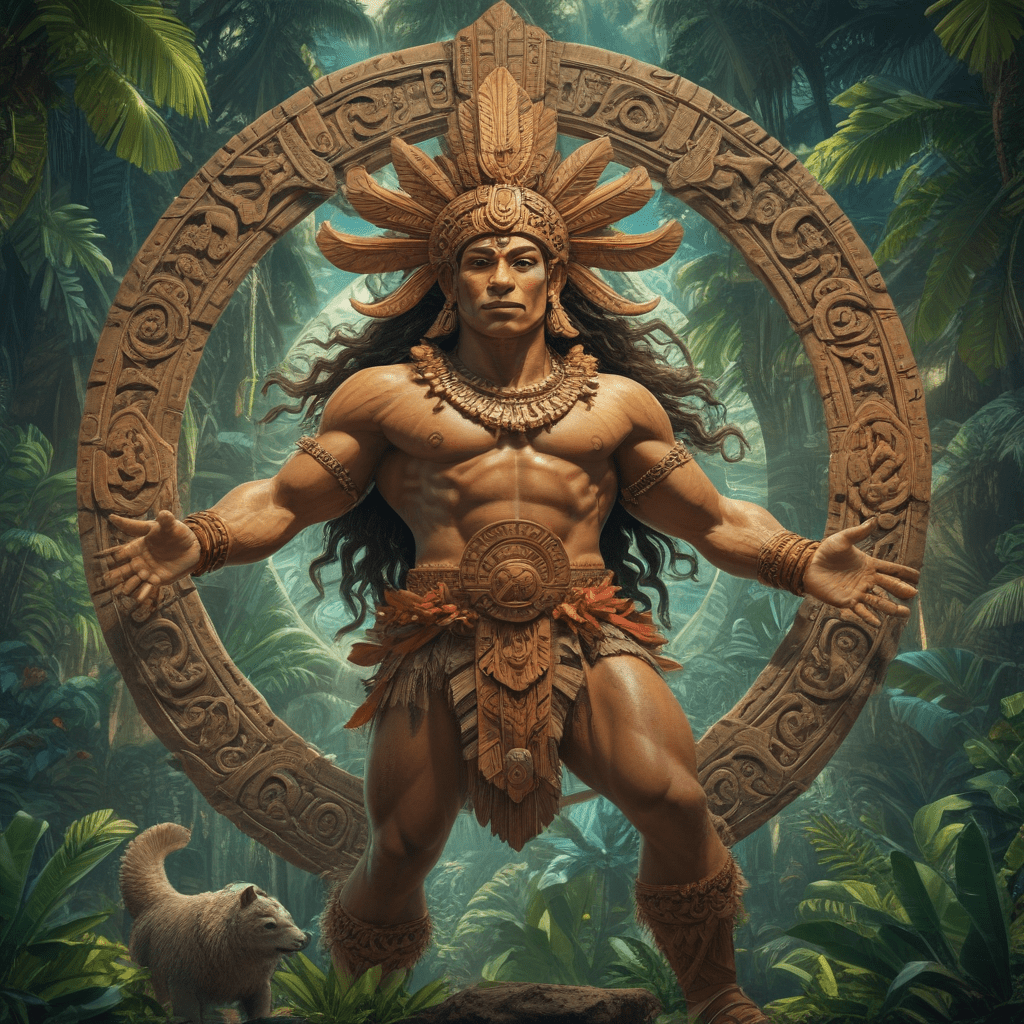Cultural Heroes: The Legends That Inspire Generational Change
I. Introduction
A cultural hero is often defined as an individual who embodies the values and ideals of a society, inspiring others through their actions and character. These figures play a crucial role in shaping societal values, serving as models for behavior and guiding principles for future generations.
In this article, we will explore the significance of cultural heroes in fostering generational change, examining their historical context, characteristics, modern-day representations, and the psychological impact they have on society.
II. Historical Context of Cultural Heroes
The concept of a cultural hero has evolved significantly over time. In ancient societies, heroes were often mythological figures, celebrated for their extraordinary feats and moral virtues. As societies progressed, these figures transformed into real individuals who fought for justice, equality, and human rights.
Prominent historical figures such as Martin Luther King Jr. and Mahatma Gandhi exemplify cultural heroes who catalyzed social change through non-violent resistance and powerful oratory. Their legacies continue to inspire movements around the globe.
Folklore and mythology also play a pivotal role in defining heroes across cultures. From the tales of Odysseus in Greek mythology to the stories of Native American leaders, these narratives help shape cultural identity and values.
III. The Characteristics of Effective Cultural Heroes
Effective cultural heroes share certain traits that inspire admiration and emulation among their followers. Key characteristics include:
- Integrity: They demonstrate honesty and strong moral principles.
- Resilience: They overcome adversity and challenges with determination.
- Empathy: They show compassion for others and advocate for those in need.
- Vision: They possess a clear and compelling vision for a better future.
Interestingly, cultural heroes are often portrayed with a balance of personal flaws and strengths. This complexity makes them relatable and humanizes their struggles, allowing others to see parts of themselves in these figures.
Additionally, storytelling plays a significant role in the hero’s journey, allowing societies to convey values, lessons, and ideals through the narratives of these individuals.
IV. Modern-Day Cultural Heroes
In contemporary society, cultural heroes continue to emerge, with figures like Malala Yousafzai and Greta Thunberg leading the charge for education and climate justice, respectively. These young activists inspire millions through their courage and commitment to social change.
The influence of social media and technology has fundamentally altered the landscape of heroism, enabling these figures to reach wider audiences and mobilize support more rapidly than ever before. Platforms like Twitter and Instagram allow cultural heroes to share their messages and engage with followers directly.
Moreover, the representation of heroism has become increasingly diverse, reflecting a range of cultural backgrounds and experiences. This diversity enriches the narrative of heroism and allows various communities to see themselves represented in the stories of change-makers.
V. The Role of Cultural Heroes in Social Movements
Cultural heroes often serve as catalysts for significant social movements. Case studies of heroes like Nelson Mandela and Rosa Parks illustrate how individual actions can spark collective change. Mandela’s fight against apartheid and Parks’ refusal to give up her seat on a segregated bus are powerful examples of personal sacrifice leading to societal transformation.
The intersection of personal sacrifice and collective gain is a recurring theme in the narratives of cultural heroes. By prioritizing the needs of the community over their own, these figures mobilize support and inspire action for justice and equality.
VI. The Psychological Impact of Cultural Heroes
The concept of hero worship can have profound effects on individuals, influencing their aspirations, values, and identity formation. Cultural heroes often serve as role models, shaping how individuals perceive themselves and their potential for impact.
Furthermore, cultural heroes hold particular significance for youth, providing them with examples of resilience and activism. These figures inspire the next generation to engage in social issues and pursue their goals with determination.
VII. Critiques and Controversies Surrounding Cultural Heroes
Despite their positive influence, the idealization of cultural heroes carries risks. The danger of hero worship can lead to a simplified view of complex individuals, overshadowing their flaws and mistakes. This idealization can create unrealistic expectations and diminish the contributions of others in the movement.
Historical revisionism also complicates the narratives surrounding cultural heroes. As society evolves, the interpretation of a hero’s actions or motivations may shift, prompting critical engagement with their legacies.
VIII. The Legacy of Cultural Heroes
Cultural heroes play a crucial role in shaping the values and beliefs of future generations. Their impact on societal change can be seen in the ways they inspire activism and advocacy in young people today.
The sustainability of their influence depends on how their stories are told and taught, emphasizing the importance of education in perpetuating the legacies of these heroes.
IX. How to Cultivate New Cultural Heroes
Recognizing and nurturing potential heroes within local communities is essential for fostering future leaders. Community engagement can help identify individuals who are making a difference and inspire others to follow suit.
The importance of mentorship and storytelling cannot be overstated. By sharing the stories of local heroes, communities can create a culture that values activism and social responsibility.
Engaging youth in social change initiatives provides them with the tools and experiences necessary to become cultural heroes themselves. This involvement fosters a sense of agency and responsibility toward their communities.
X. Conclusion
In conclusion, cultural heroes are instrumental in inspiring change and shaping societal values. Their stories of resilience, sacrifice, and vision resonate across generations, instilling hope and motivating action.
As we recognize and support emerging cultural heroes in our communities, we can contribute to a brighter future and a more just world.



